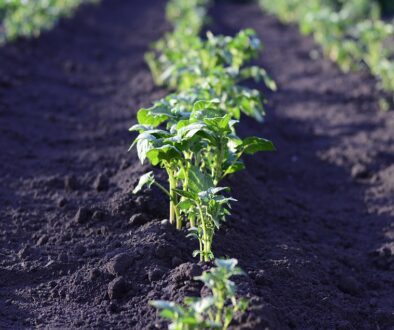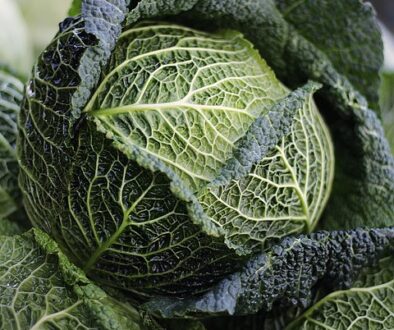Article by: Suzette Morshead
Common Mistakes to Avoid in Vegetable Gardening and How to Fix Them
Vegetable gardening is a rewarding hobby that brings fresh produce right to your doorstep. However, many beginner gardeners make common mistakes that can hinder their success. I’ve had my fair share of gardening blunders over the years and have learned valuable lessons along the way. Let me share some of the most frequent mistakes and how to fix them—plus a personal story to illustrate the journey.
1. Poor Soil Preparation
Mistake: Many gardeners overlook the importance of soil quality and preparation before planting.
Fix: Test your soil’s pH and nutrient levels. Add compost or organic matter to improve soil texture and fertility. Raised beds or well-tilled ground can make a significant difference.
Personal Story: When I first started, I planted my veggies directly into my backyard soil without checking anything. My tomatoes barely grew, and the leaves looked pale. After testing the soil, I discovered it was acidic and low in nutrients. Amending it with compost transformed my garden into a thriving vegetable patch.
2. Overwatering or Underwatering
Mistake: Inconsistent watering leads to various problems like root rot or drought stress.
Fix: Learn the specific water needs of each vegetable. Use drip irrigation or soaker hoses to provide even moisture. Mulching helps retain soil moisture and reduces watering needs.
3. Planting at the Wrong Time
Mistake: Planting too early or too late can stunt growth or kill plants.
Fix: Check the planting calendar for your region. Start seeds indoors if necessary and transplant seedlings when conditions are optimal.
4. Crowding Plants
Mistake: Overcrowding reduces airflow and increases disease risk.
Fix: Follow spacing recommendations on seed packets or plant tags. Thinning seedlings if too dense allows room for healthy growth.
5. Neglecting Pest Control
Mistake: Ignoring pests until they cause visible damage can be disastrous.
Fix: Inspect plants regularly, use companion planting, natural predators, or organic insecticides. Keep the garden clean to deter pests.
Essential Items for Vegetable Gardening
- Soil test kit
- Compost or organic matter
- Gardening gloves and tools (trowel, hoe, pruners)
- Mulch (straw, wood chips, etc.)
- Drip irrigation or soaker hoses
- Plant markers and labels
- Organic pest control solutions
- Raised beds or containers (if needed)
Final Thought
Gardening is a continuous learning experience. Don’t be discouraged by early mistakes; instead, let them guide you toward a healthier and more productive vegetable garden. Happy gardening!
If you’d like, I can also help you create a step-by-step guide for beginners or recommend easy vegetables to start with!
Article by: Suzette Morshead


